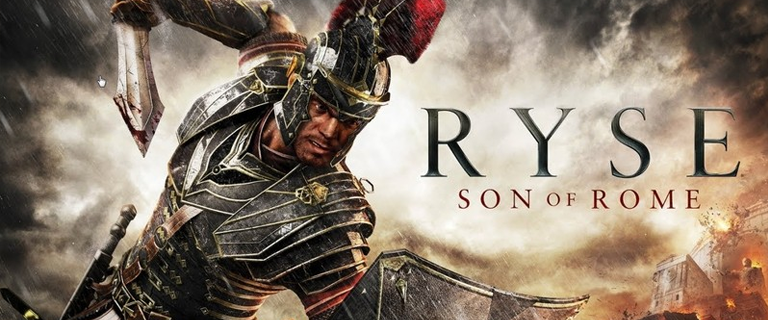Interview with Michael Read, Producer at Crytek
 The technology in the XBox One is leaps ahead of the 360, which has given Crytek a chance to push things even further. What are you most excited about in creating games for the next gen consoles?
The technology in the XBox One is leaps ahead of the 360, which has given Crytek a chance to push things even further. What are you most excited about in creating games for the next gen consoles?
We’re really excited about pushing the visual fidelity for the living room. Given our past history with the Crysis series, each one of those games has always pushed the PC hardware beyond its limits. Now, depends on who you’re talking to, some people are really excited about the amount of RAM and the processing power and you then go to the R&D guys and they’re like ‘no, we want more’ and it never ends. In certain cases Crytek’s been very good about pushing that visual fidelity ahead, so you know it’s about keeping that momentum and really keeping on pushing things forward and the XBox [One] is great for doing that and that’s the first thing that people see when they come out and they’re like ‘wow, I can’t believe this is running on a box in my living room. It looks so much better than what my 360 did.’ Yes, well, seven years is like a century in terms of technology.
It is. And it has been so long since the last console release.
It has, it really has.
What’s it like to start a new IP like Ryse on a new console?
This is an interesting experience for me. I’ve been in the gaming industry for about seven or eight years now, since about 2005 and I’ve traditionally worked on existing IPs and this is my first really coming into a brand new IP. There’s always a lot of challenges especially on the art direction side and where is the story going and how do we make that future proof so we can do what we do down the road. It’s something very different for Crytek to be working on. We’ve been making FPS games for the better part of almost ten years now but we’ve brought in some really good people, a great team. But being a new IP there are always a lot of challenges associated with that.
With setting Ryse in ancient rome you’ve got such a rich history to draw on…
I’ve never been one to be into Roman history, but when I first came onto it one of the first things I did was to start reading and Wikipedia was my best friend. It was interesting because originally it was supposed to be more of a historically accurate game, and we kind of moved away from that for a couple of reasons. One, it wasn’t really any fun and two we needed to figure out down the road where we could potentially go with this IP. But we took a lot of that historical stuff, we learned from architecture to fighting techniques to aesthetics and we tied them into the game. There’s a lot of people looking for a more of a Roman kind of setting in a different environment outside of RPSs.
When you released the demo at E3, there was a lot of concern over the quicktime events…
There was. This is something I’ve openly talked about since Comic Con. We came into E3 and we came out of E3 and we saw the response about it. We talked amongst the team about it and we talked amongst ourselves and we came to the conclusion that, you know what, we didn’t really show this in the best possible way. We’ve had people come to play it and had a number of people who waited in line for two hours say ‘I thought this game was going to be a giant quicktime event and it wasn’t. Good job’. The mechanics weren’t ready for us to show, we had two choices. We could show more of the mechanics that would have been completely broken or cut things out and go ‘how can we show this’ and we wouldn’t have had many choices of what we could have done. Did we show it in the right way, did we explain it in the right way? No, I don’t think so but that’s why we’re out here now, to at least talk about it and show it off the right way this time.
At least, for gamers, if they see a company respond and go ‘actually, we’re taking what you said on board’ then they’re with you.
We definitely looked at it and we made some judgements. We worked directly with Microsoft on this as well. We’re a first party, but we’re like a 1.5 party. It’s actually really cool to get their feedback with the stuff they’re working on, as well as our feedback too. So we made the changes we thought we could to make that work and to come out and just say ‘this is where we’re going’ and what happens after that as well.



